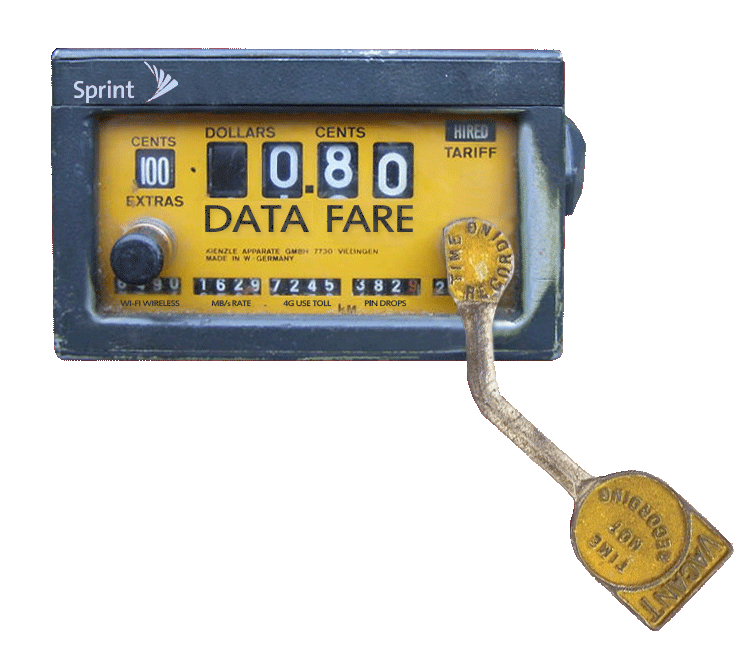Increasingly, wireless telecommunications landlords are being approached by firms representing their wireless carrier tenants for the purpose of securing a reduction in the rent and/or rent escalator the carrier pays to the landlord. Sometimes the demand is for a ‘rent vacation’ for up to several years.
Generally, the process described above is called, “Lease Optimization.”
Two well-known firms that perform Lease Optimization on behalf of the wireless carriers are Blackdot Wireless, and MD7.
In fact, Blackdot states on its website that it “pioneered the first expense reduction” program, also known as lease optimization. Lease optimization may seem innocent enough. After all, Blackdot is “substantially reducing carrier and tower company operating cost, while securing billions of dollars in rent guarantees for landlords.”
Securing billions of dollars in rent guarantees for landlords?
Lease optimization though results in substantially under market rents for unsuspecting landlords.
The approach is generally the same, as a landlord, you may be told that the wireless carrier is reducing the number of sites it operates and it has been determined that your site is one of those sites the carrier can live without.
That is, unless the landlord is willing to substantially reduce the monthly rent, and skip rent increases for some number of years, or even waive rent payments altogether for a period of years.
What’s in it for the landlord? Not much in reality. The usual ‘carrot’ is that if the landlord complies with the tenant’s demands, he or she will receive a ‘rent guarantee’ that will run for a few years. This is interesting, since the lease is the best indication of the rent that the landlord is supposed to receive.
I can see that a landlord is generally unwilling to lose all the rental income from the site and buys into the lease optimization story – at least there’s still some income, right?!?
If you are approached by a company interested in ‘optimizing’ your lease (and you), be suspect. Discuss the proposed terms with an attorney who is knowledgeable in the area to determine what the best step is forward for your situation. If you need a referral to a knowledgeable attorney to advise you, why not contact us.
In the end, don’t be afraid to trust your instinct: It’s usually the case that if a proposal doesn’t feel right to you, then it’s not right for you.
 discussed in terms approaching plain English in the Commission’s widely-used publication, “
discussed in terms approaching plain English in the Commission’s widely-used publication, “